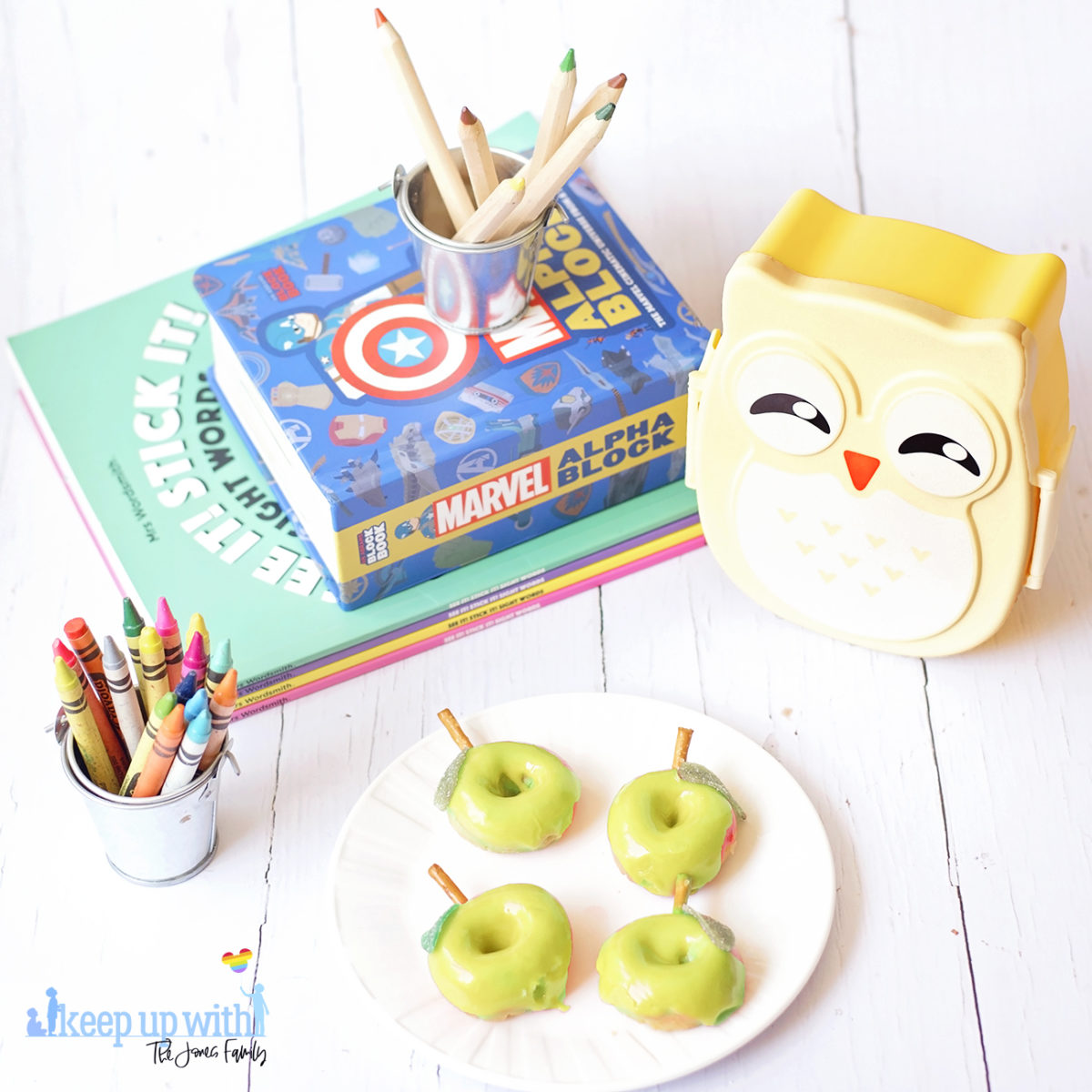Why Are Parent-Teacher Relationships so Important?
When it comes to a child’s education, parents and teachers share the same goal, helping children reach their full potential. While their roles may differ, the connection between home and school is one of the most powerful influences on a child’s success. Strong parent-teacher relationships don’t just benefit academic
performance; they support confidence, behaviour, and emotional wellbeing too. So, why are these relationships so important, and how can parents and teachers work together effectively?
- It Builds a Supportive Learning Network
When parents and teachers communicate openly, children benefit from a consistent support system. Teachers see children in a structured learning environment; parents see them at home, where personality and interests shine through. When both sides share insights, about strengths, challenges, or even small victories, it helps create a complete picture of the child. This collaboration means that learning strategies can be tailored more effectively. For example, if a child struggles with concentration in class, a parent might share techniques that work well at home. Likewise, teachers can suggest ways to reinforce classroom learning outside school hours. Together, they form a team dedicated to the child’s growth. - It Encourages Better Academic Outcomes
Research consistently shows that children perform better when parents are involved in their education. Students with engaged parents are more likely to:
Achieve higher grades
Attend school regularly
Complete homework on time
Have stronger motivation and self-esteem
A simple chat at drop-off, a note in a planner, or attending parent-teacher meetings all send a clear message: education matters. When children see adults working together for their success, they feel supported, and that drives effort and achievement.

3. It Promotes Consistent Values and ExpectationsChildren thrive on consistency. When parents and teachers communicate, they can align expectations about behaviour, effort, and respect. For instance, if both the classroom and home reinforce the same message about kindness, perseverance, or responsibility, it becomes part of the child’s natural mindset. On the other hand, mixed messages, like strict academic rules at school but no structure at home, can confuse children and lead to frustration. Consistent communication ensures everyone is on the same page.
- It Strengthens Emotional Wellbeing
A child’s emotional development is just as important as their academic progress. When parents and teachers have a positive relationship, children feel safe and valued in both environments. They’re more likely to open up about worries, ask for help, and approach challenges with confidence. If a child faces difficulties, such as anxiety, friendship struggles, or low motivation, a strong partnership between home and school can make early intervention possible. Teachers and parents working together can spot changes in behaviour quickly and provide the right support before small issues become bigger ones. - It Builds Trust and Mutual Respect
Good parent-teacher relationships are built on trust. When parents feel confident that their child’s teacher cares and communicates openly, they’re more likely to engage positively. Likewise, when teachers know they can rely on parents for insight and support, collaboration becomes smoother and more productive. Respectful dialogue, even when discussing challenges, helps prevent misunderstandings. Whether it’s a classroom concern or a home issue affecting schoolwork, trust ensures that both sides can find solutions together rather than working in isolation. - It Sets a Positive Example for Children
Children learn from what they see. When parents and teachers treat each other with respect and cooperation, they model strong communication, empathy, and teamwork. They see that adults don’t always have to agree, but they can still work together for a common purpose. This lesson extends beyond the classroom, teaching children how to build healthy relationships in their own lives.
7. It Fosters a Sense of Community
When parents and teachers are connected, schools become more than institutions, they become communities. Parents who engage with teachers often become more involved in school life, from volunteering at events to supporting learning initiatives. This community spirit creates a positive atmosphere where children feel they belong, which in turn enhances motivation and pride in their school.
Parent-teacher relationships are not just about occasional meetings or updates, they are partnerships built on communication, respect, and shared purpose. When parents and teachers work together, children don’t just learn better, they live better. They grow up knowing they’re supported, understood, and capable of great things. In the end, education is a team effort, and when home and school unite, everyone wins.


